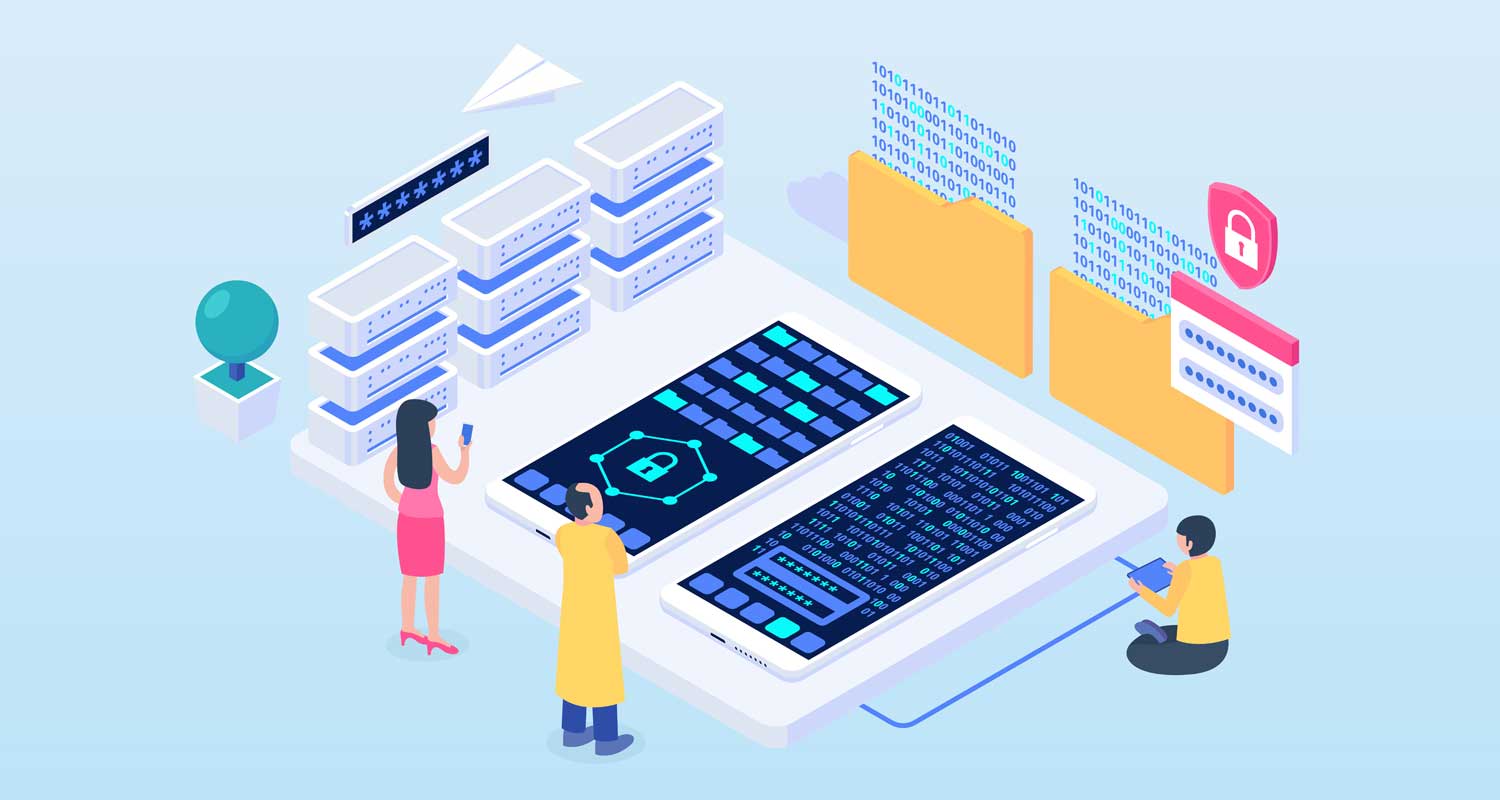
Cryptographic keys play a crucial role in the security of any system. They are responsible for jobs such as encrypting and decrypting data, as well as authenticating users. Should a cryptographic key be compromised, the repercussions can be severe, potentially resulting in the complete breakdown of an organisation’s security infrastructure.
This would grant threat actors the keys to the castle, and with that the ability to decrypt sensitive information, impersonate privileged users or gain unauthorised access to proprietary and sensitive data. Fortunately, managing these keys and their related components can ensure that confidential information stays safe and secure.
At its heart, key management is the process of establishing specific standards to safeguard cryptographic keys within a business. It encompasses a slew of activities, such as key creation, exchange, storage, deletion and periodic renewal. Moreover, key management controls access to these keys by ensuring that only those individuals within the organisation who have permission can access them.
In short, by implementing effective key management practices, organisations can enhance the security and integrity of their systems and prevent unauthorised access to sensitive data.
The ‘key’ benefits
The first benefit is automation. A centralised key management solution offers the flexibility to efficiently manage many keys throughout their entire lifespan. By implementing a fully automated and centralised key management system, businesses can enhance security, reduce costs and improve operational efficiency.
Next, entities can benefit from centralised auditing and monitoring. A key management platform should incorporate auditing capabilities to detect and record security-relevant events, including the event details, timestamp, and the identity or role of the entity initiating the event. By auditing the entire cryptographic key lifecycle and tracking key state transitions, companies gain transparency in their security operations.
In addition, enforcing cryptographic policies can be a complex and onerous task. However, the right key management platform enables seamless updates across all required cryptographic functions without modifying the application code. It also consolidates relevant information in one location, facilitating easy audits and demonstrating compliance with internal and external policies.
 Managing, tracking and updating keys across a distributed network can be an arduous job, particularly for large corporates that handle a lot of sensitive data. Centralised key management allows this process to be carried out from a secure operations venue with multiple securely authenticated users, each assigned unique administrative roles and credentials. System administrators or operators can update and configure keys on various applications with just a few clicks, irrespective of their geographical location.
Managing, tracking and updating keys across a distributed network can be an arduous job, particularly for large corporates that handle a lot of sensitive data. Centralised key management allows this process to be carried out from a secure operations venue with multiple securely authenticated users, each assigned unique administrative roles and credentials. System administrators or operators can update and configure keys on various applications with just a few clicks, irrespective of their geographical location.
Meeting compliance requirements
Centralised key management controls also allow businesses to restrict access to cryptographic functions and enforce policies regarding key length, rotation, mode of operation and more. This approach helps companies to meet regulatory and industry guidelines, ensuring necessary measures and controls are in place.
Traditionally, key management systems handled decisions regarding algorithms and key sizes separately for each application or project, which resulted in difficulties when identifying and removing weak algorithms or ciphers. Identifying and disabling these algorithms across various decentralised systems can be extremely challenging. With the right key management solution, one algorithm can be easily replaced with another across the network without requiring any changes to application code.
It is important to remember, though, that not all key management is the same, or offers the same level of security. Good key management needs to be built on a modern microservices architecture and designed to integrate seamlessly with cloud environments. Moreover, a unified approach to data discovery and classification, comprehensive data protection, unparalleled granular access controls and centralised key management are all must-have features.
Don’t leave your systems vulnerable. Act now and safeguard your cryptographic keys to ensure the integrity and safety of your data. Click for more information.
- The author, Caryn Vos, is senior manager: crypto at Altron Systems Integration
- Read more articles by Altron Systems Integration on TechCentral




